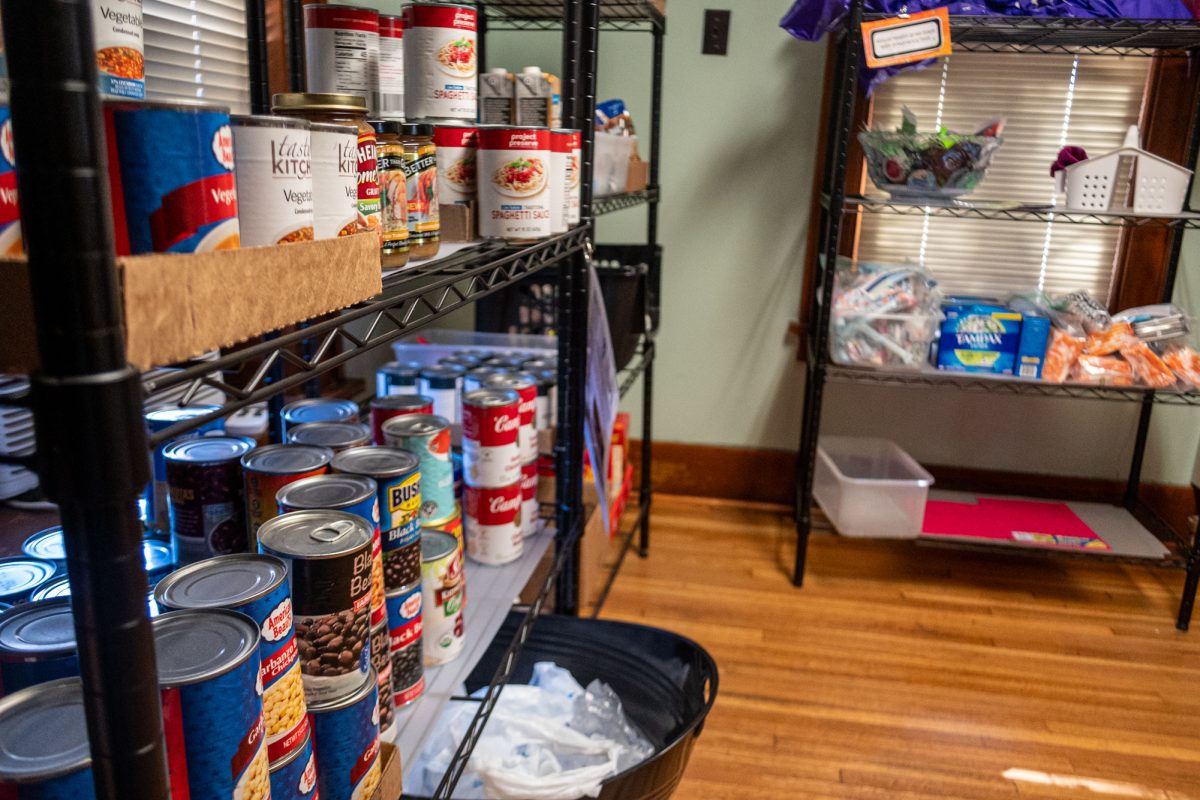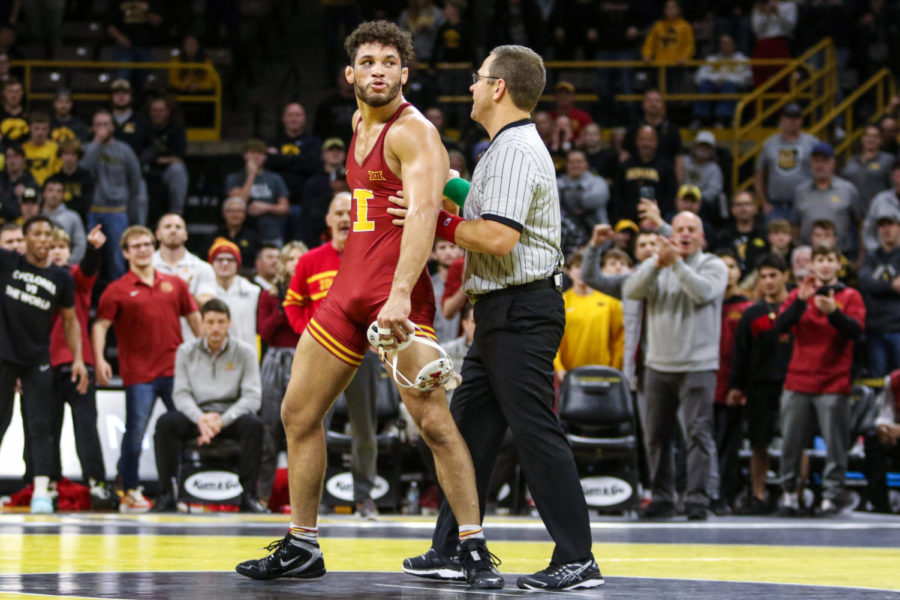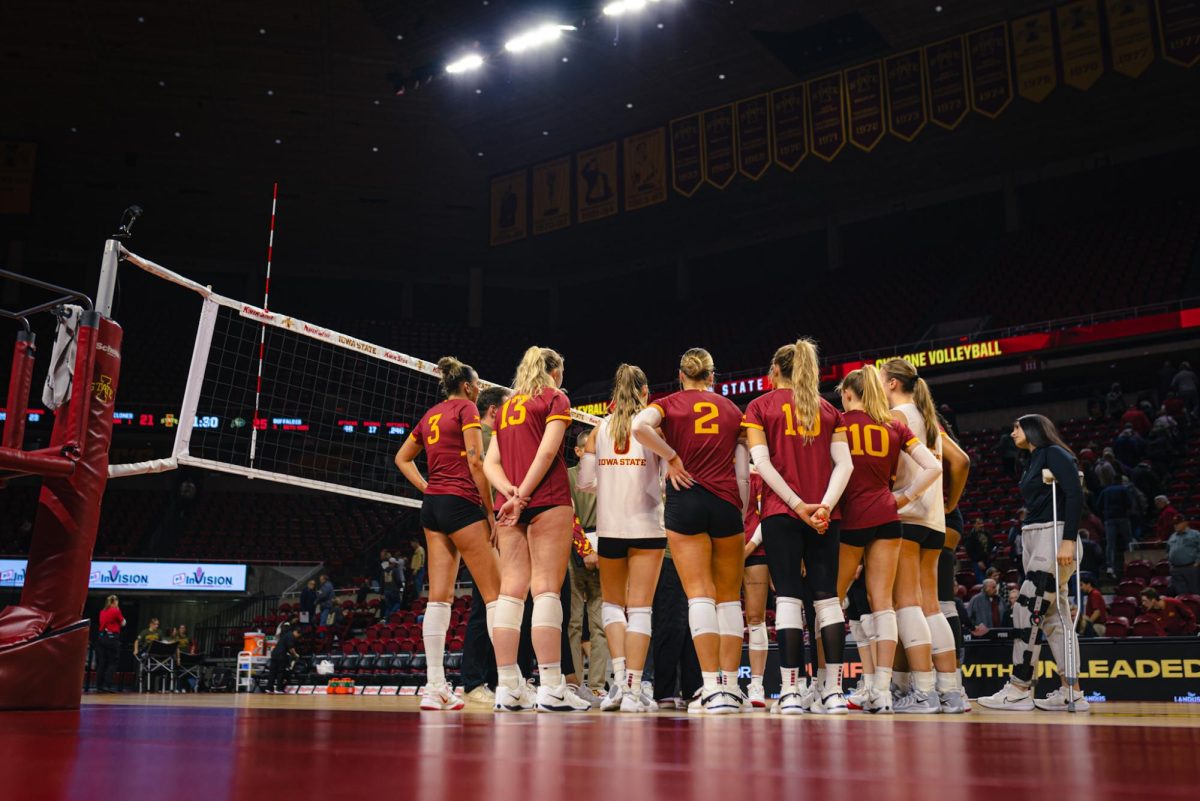EDITORIAL: State should help citizens vote, not hinder them
April 11, 2005
With fewer than 4,000 voters participating in the recent special city election, one would think that making voting more difficult would not be a high priority for the Iowa Legislature. You would be half right; House Republicans passed a bill to do just that, but the evenly split Senate let it die last week. The bill would have changed Iowa election law in three ways: to require voters to display a photo ID when voting, to allow polls to close earlier and to remove the right to petition for satellite voting stations.
The problems and potential problems these measures were meant to address do deserve scrutiny. The photo ID requirement is justified primarily to avoid voter fraud. Especially in a college town like Ames, there are a great deal of people registered in the county who no longer live here. With the lack of identification requirements, it would not be hard for a young person to go from poll to poll claiming to be a different graduate at each one and thus vote a few dozen times. But anyone doing this would suffer severely if caught, and simple photo ID requirements will not stop someone dedicated enough to risk the penalties.
A better solution to this problem is mandated by the Help America Vote Act of 2002, through which Iowa has received substantial funding. All states are required to create centralized databases of registered voters. By doing this (and coordinating with other states) it will be far easier to keep track of outdated registrations. Although this won’t prevent every potential avenue of fraud, it will help without burdening voters.
Changing the poll closing time from 9 p.m. to 8 p.m. is a change that would save a bit of money at the expense of a few voters. Students would likely be hit especially hard by this, as Tuesday is a popular day for labs and night classes. Anyone who worked and studied might have substantial difficulty getting to the polls. The House State Government Committee chairman justified the change by saying loosened absentee regulations have made it easier to vote early. This claim would carry more weight if the bill wasn’t also trying to restrict the ability to vote early.
The final aspect of the bill would have removed the right to petition for satellite voting stations. Our experiences with establishing these stations on campus has been less than stellar, but the locations still allowed many people to vote who otherwise would not. Although the current law does allow potential politicization of polling locations, surely an approach can be worked out to protect from that possibility without being needlessly restrictive.
These ideas have been debated in substantially similar form during the past few years and rejected.
We commend the Senate for focusing on more pressing matters.






